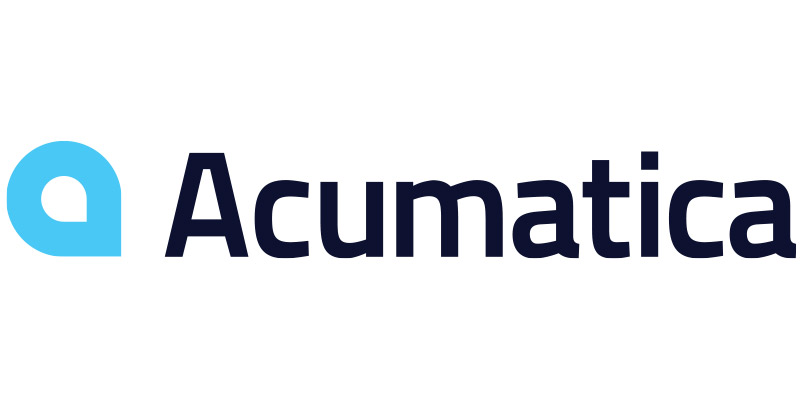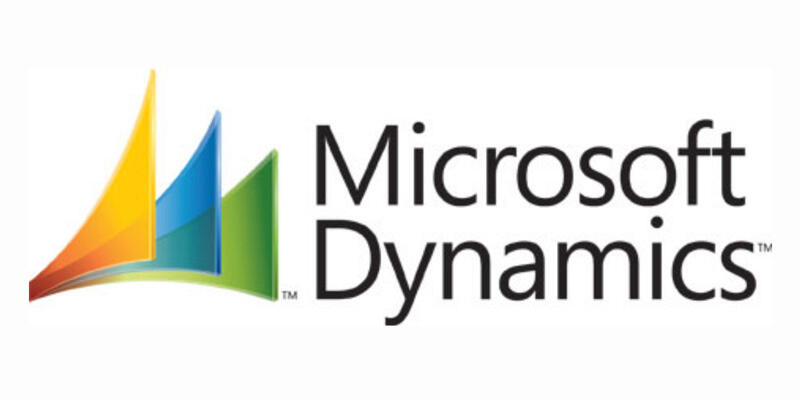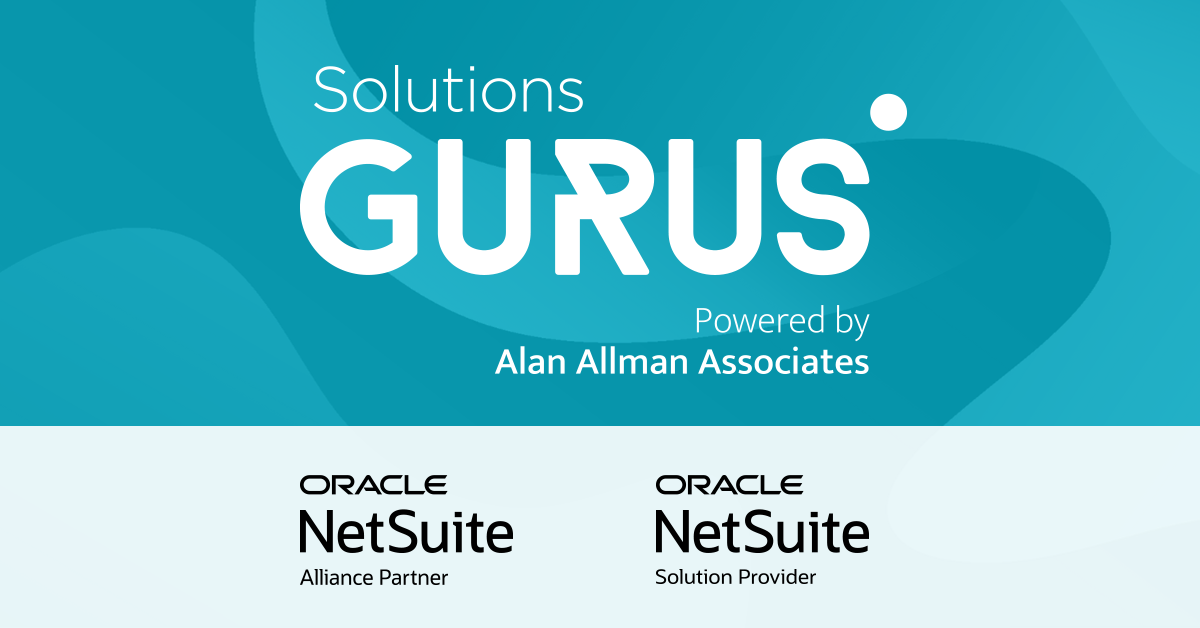
ERP is no longer just about accounting and inventory, it’s about intelligence and strategic data control. In 2025, AI-driven ERPs are automating forecasts, uncovering insights, and helping leaders make data-backed decisions faster than ever. But with dozens of vendors promising “AI,” how do you separate real innovation from marketing noise? The true difference lies in your partner's ability to govern and extend that AI.
Let’s look at the best ERP systems built for AI-driven businesses, and how the right AI Strategy and Implementation Partner makes all the difference.
Request More Info About The Best ERP Systems for Strategic AI-Driven Businesses in 2025
Top AI-Enabled ERP Systems to Consider in 2025
1. NetSuite: The Leader in Managed AI-Ready Cloud ERP
Why it stands out: Built-in AI through NetSuite AI, enhancing reporting, forecasting, and process automation. Real-time dashboards unify financial and operational data across departments. Native integrations with OpenAir, SuiteAnalytics, and Data Warehouse Link. Best for: Growing SMBs to complex, mid-market enterprises ready for rapid, intelligent scaling. AI advantage: Generative AI in NetSuite, AI Assistant enables natural-language queries and automated report creation. Partner advantage: GURUS Solutions not only deploys and optimizes these native tools but also provides AI Governance and custom Data Warehouse Solutions for complex predictive modeling.
2. SAP Business One & S/4HANA Cloud Strengths
Deep global enterprise functionality, robust regulatory compliance, and advanced predictive analytics. AI capabilities: SAP Business AI integrates forecasting, invoice capture, and process simulation. Ideal for: Global, large, or highly regulated organizations (e.g., Pharmaceuticals, heavy manufacturing). Limitations: Complexity, requires heavy configuration and IT support.
3. Acumatica Cloud ERP Strengths
Flexible pricing and strong usability for mid-size manufacturers, distributors, and service firms. AI capabilities: Machine-learning expense classification, predictive inventory, and anomaly detection. Ideal for: Tech-savvy SMBs seeking an adaptable ERP. Limitations: Fewer built-in AI features compared to NetSuite or SAP.
4. Odoo Enterprise Strengths
Modular and open-source, making it cost-effective for startups. AI capabilities: Integrations via third-party APIs for document scanning and chatbot support. Ideal for: Startups testing ERP functionality for the first time. Limitations: Limited AI depth and scaling constraints.
5. Microsoft Dynamics 365 Business Central Strengths
Tight integration with Microsoft Copilot AI and Power BI. AI capabilities: Text summarization, automated insights, and natural-language financial queries. Ideal for: Companies already invested in the Microsoft ecosystem. Limitations: Less industry-specific flexibility vs. NetSuite.
Key Takeaways: ERP AI Strategy Is Now the Differentiator
| ERP System | Best For | AI Strategic Depth (Native + Custom) | Ease of Use | GURUS Solution Advantage |
| SMB → Complex Enterprise | ⭐⭐⭐⭐⭐ | ⭐⭐⭐⭐ | Premier North American Partner; AI Governance & Custom BI/ML Solutions. | |
 |
Mid-market | ⭐⭐⭐ | ⭐⭐⭐⭐ | ⚠️ Limited AI |
| Global Enterprise | ⭐⭐⭐⭐ | ⭐⭐ | ⚠️ Complex & requires vast IT resources. | |
 |
Microsoft users | ⭐⭐⭐⭐ | ⭐⭐⭐ | ✅ Moderate |
| Startups | ⭐⭐ | ⭐⭐⭐ | ⚠️ Community-based |
FAQ on the best ERP systems for strategic AI-driven businesses
What is an AI-powered ERP?
An ERP enhanced with machine learning and generative AI to automate tasks, predict outcomes, and analyze data without manual effort. A strategic partner is key to ensuring the governance and accuracy of that data.
Which ERP is best for mid-market enterprises in 2025?
NetSuite ERP is ideal due to its scalability, comprehensive native AI, and the availability of specialized partners like GURUS Solutions who can manage complex rollouts and custom analytics.
How does GURUS Solutions help with AI ERP implementation?
We specialize in comprehensive NetSuite AI deployments, strategic data integration (including Data Warehouse Link and custom solutions), AI governance, and building custom predictive reporting to unlock maximum business intelligence from day one.
How long does an AI ERP implementation take?
Typically 3–6 months, depending on business size, modules, and data complexity. However, building a custom AI model or data warehouse strategy will require additional planning and execution time.
What types of business challenges can this AI extension solve?
The extension helps companies address decision-making bottlenecks, performance forecasting, error-prone reporting, and limited visibility into key business trends. By using advanced AI models, businesses can identify risks and opportunities earlier and respond proactively.
Talk to a NetSuite Expert
